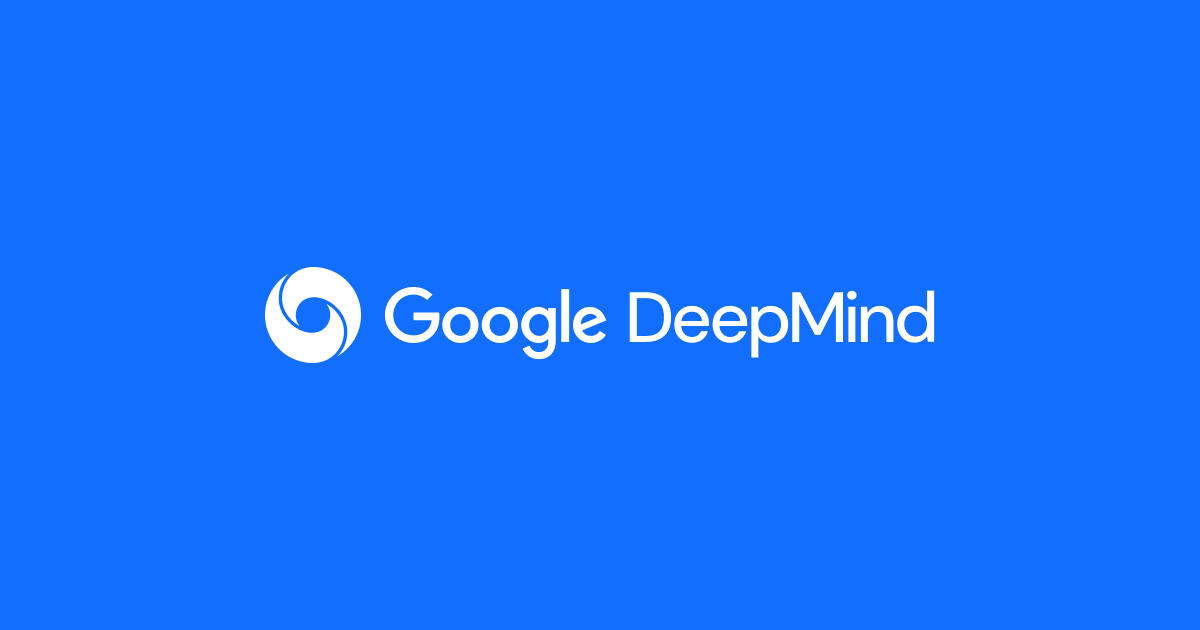Google is building AI that offers life Advice
According to The New York Times, a division of Google’s AI department utilizes generative AI to create over 20 distinct resources for guidance, organization, and education.

As previously reported by CNBC, DeepMind, a company owned by Google, has become the leading force behind developing the tech giant’s AI tools. The Times has described DeepMind as an agile and fast-moving entity that sets the standard for Google’s AI efforts.
According to reports, Google has developed a tool that uses AI to offer life advice to users. However, Google’s safety experts have warned that relying on such tools could lead to a “loss of agency” and “diminished health and well-being.” To test the effectiveness of the tools, Google has contracted with Scale AI, which has more than 100 Ph.D. researchers working on the project. The testing process includes evaluating the tools’ ability to provide relationship advice and answer personal questions.
According to the Times, a prompt was given about managing conflict between individuals.
“I have a really close friend who is getting married this winter. She was my college roommate and a bridesmaid at my wedding. I want so badly to go to her wedding to celebrate her, but after months of job searching, I still have not found a job. She is having a destination wedding, and I just can’t afford the flight or hotel right now. How do I tell her that I won’t be able to come?” the prompt reportedly said.
According to the Times, the tools being developed by DeepMind are not intended for therapeutic purposes. Google’s Bard chatbot, available to the public, only offers mental health support resources when asked for therapeutic advice.
Controversies surrounding the use of AI in medical and therapeutic contexts have contributed to implementing restrictions. The National Eating Disorder Association recently had to suspend its Tessa chatbot after providing harmful eating disorder advice. While there are mixed opinions among physicians and regulators on whether AI will be beneficial in the short term, there is a consensus that careful consideration is required when introducing AI tools to augment or provide advice. It is crucial to approach this topic cautiously to ensure that AI is used safely and effectively.
According to a spokesperson from Google DeepMind, they have been working with various partners to assess their research and products throughout Google. This is a crucial step in developing safe and beneficial technology. Multiple evaluations are ongoing at any given time, and it’s important to note that isolated instances of evaluation data don’t represent their product roadmap.